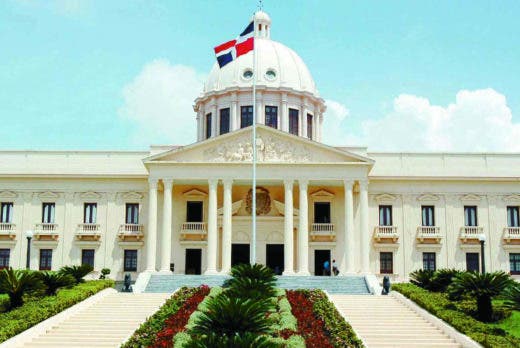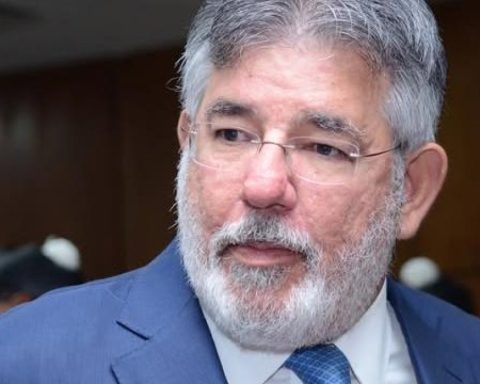The limit on public debt must be included in the constitutional reform submitted by President Luis Abinader, said Miguel Collado Di Franco
The Fiscal Responsibility Law does not limit the country’s public debt, which is why a fiscal rule that puts a stop to the increase in public debt should be included in the constitutional reform, said yesterday the executive vice president of the Regional Center for Sustainable Economic Strategies (CREES), Miguel Collado Di Franco.
He said that the law only limits indebtedness as a percentage of the gross domestic product (GDP), but not in absolute terms. The only rule it has, he said, is on spending and at no time is it about the deficit and would allow spending more according to the second paragraph of article five, in the event of a change in income.
This means, he added, that if there is a change to the tax system, the rule of primary spending growth could be adjusted and more could be spent if there is more income, so it is not a very strict rule.
He recalled that Article 4 of the law establishes a target for debt and is not a fiscal rule and does not set limits on indebtedness in absolute terms.
He pointed out that the only rule that exists, established in Article 5, is for primary expenditure, not general expenditure, and he believes that a deficit rule is missing.
He stressed that the constitutional reform could include a fiscal rule, as exists in Brazil and Germany, which would limit the fiscal deficit and, consequently, public debt.
He explains that a fiscal rule that limits indebtedness means that the country has fiscal consolidation, that is, that indebtedness is reduced and the debt is lowered in absolute terms.
He pointed out that the Fiscal Responsibility Law does not have rules designed to reduce public debt in absolute terms.

















